Social & Emotional Wellbeing

Your child’s social and emotional development involves understanding their own feelings and behaviors as well as those of others, and applying this knowledge to interactions and relationships. Research has shown that those with high emotional intelligence have better attention skills and fewer learning problems, and are generally more successful in academic and workplace settings.

What You Can Do
Communicating with your child can be challenging, but good communication is key to building self-esteem and mutual respect, as well as making parenting more enjoyable and successful. These basic principles from the Child Development Institute can help you evaluate and strengthen communication in your family.
Activities and Play Ideas
Learning4Kids.net has lots of learning opportunities and play ideas for children age between 4 -5 years that explore sense, creativity and the imagination while also building important developmental skills like coordination.
What if your child becomes angry?
Here are some tips by the American Academy of Pediatrics for what you can do. Although these suggestions are specific to weight management and health, they apply to all scenarios that involve anger and discipline.
What can you do for social-emotional development?
This downloadable resource from the American Academy of Pediatrics has tips for parents and caregivers to promote healthy social-emotional development with your child.
Local Events, Programs, and Services
The SA Kids Directory can help you find resources throughout San Antonio to promote social and emotional development with your kids.

Guidelines
This article from GetReadyToRead.org lists milestones to know whether your child is developing social and emotional skills appropriate to her age, and tips to encourage social and emotional learning at home and preschool.
TV-Watching Guidelines
Kids can have a lot of fun learning from many TV programs, but should not spend too much time in front of the screen. Here are some general guidelines from BabyCenter.com on how much screen time is too much, and how to monitor your child’s watching activity. The American Academy of Pediatrics (AAP) says some screen time is okay for children as young as 18 months, but the organization recommends limiting kids to an hour or less a day.








